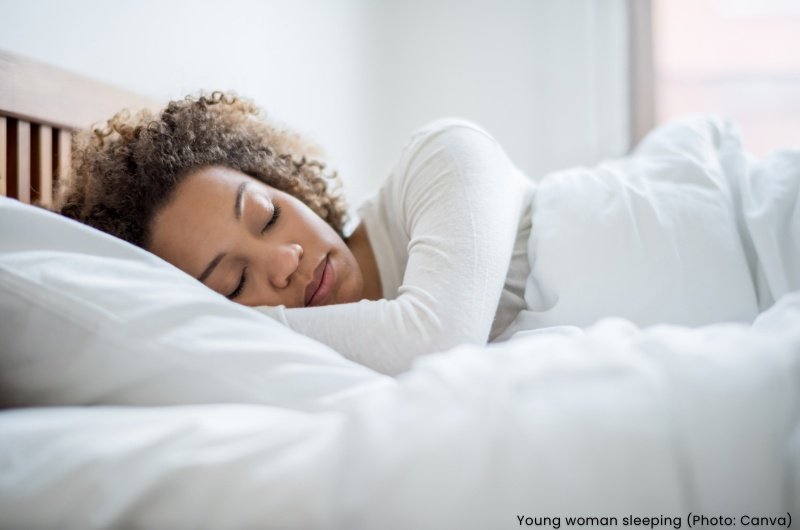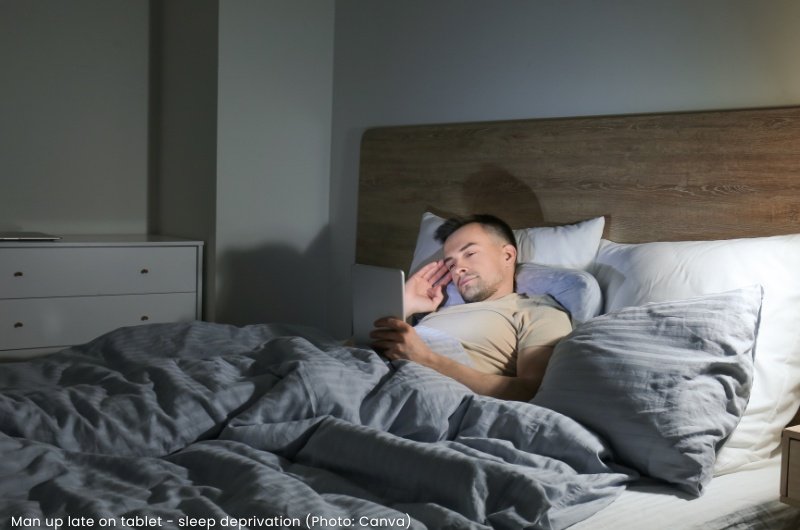Sleepless Nights Could Be Sabotaging Your Mental Health.
A new Stanford Medicine analysis, published in August 2025, explores the complex, bidirectional relationship between sleep and mental health. The takeaway: poor sleep can deepen mental health issues, and those same issues can further disrupt sleep — forming a feedback loop that may entrench both conditions.
Key findings from the report include:
- Insomnia and sleep apnea carry strong ties to depression and anxiety.
People with insomnia are about 10× more likely to experience depression and 17× more likely to have anxiety, while those with sleep apnea face roughly a threefold increase. - It’s not just how much you sleep — timing matters, too.
Going to bed earlier and waking earlier was linked to better mental health, even for “night owls.” Research suggests that late bedtimes are associated with higher risks of depression and anxiety, regardless of one’s natural chronotype. - “Mind after midnight” may amplify poor decisions and stress.
After midnight—when social constraints drop and sleep drive weakens—the brain is more prone to rash decision-making and negative emotional loops, which may contribute to mental health strain. - Which came first — sleep trouble or mood disorder?
In some cases, underlying brain disruptions could manifest first as insomnia and then later as mood disorder—or both may stem from the same root cause. - Cognitive Behavioral Therapy for Insomnia (CBT-I) shows promise.
Interventions aimed at improving sleep—especially CBT-I—have been associated with better mental health outcomes, including reduced depressive symptoms. Improvements in sleep quality often precede mood improvements in these interventions.

Why it matters
With more than one in three U.S. adults and nearly 80% of teens failing to get enough sleep, alongside rising mental health concerns, Stanford researchers argue that tackling sleep issues could be a powerful, yet underused, lever for improving overall well-being.
The Takeaway
Sleep is an active player in mental health. If your sleep is regularly disturbed, it could be contributing more than just daytime fatigue. It might be amplifying anxiety, depression, or other mood disorders. And once mood problems set in, they can make sleep even harder, creating a loop that’s tough to break.
Routines that emphasize consistent bedtimes, sleep-focused behavioral therapy, and careful attention to mental health can help “reset” this feedback cycle.
How’s your sleep hygiene? Does it need an adjustment?



































